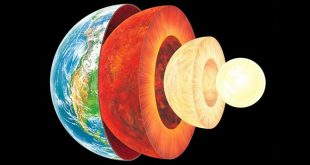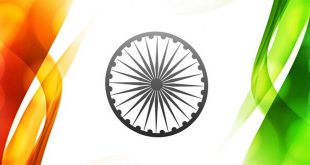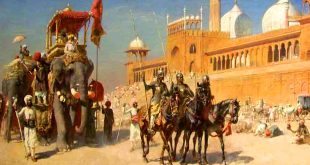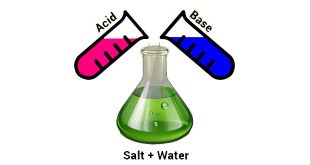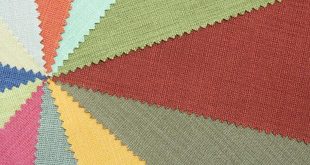Question: Distinguish between rocks and minerals. Answer: Difference is as follows: Question: Distinguish between intrusive and extrusive rocks. Answer: Difference is as follows: Question: Name the main types of rocks with three examples of each. Answer: There are three types of rocks: Igneous rocks: Granite, Dolerite, Basalt. Metamorphic rocks: Marble, Slate, Quartzite. Sedimentary rocks: Sandstone, …
Read More »NCERT 7th Class (CBSE) Social Studies: The Great Mughals
Question: What has Babur described in Tuzuk-i Baburi? Answer: In Tuzuk-i Baburi, Babur has described the physical features climate, animals, birds, flowers, fruits and the life of the people and the the places he visited. He has also written about his own life in detail. Question: list three problems that …
Read More »NCERT 7th Class (CBSE) Social Science: Our Environment
Question: Explain the following terms- Environment, Lithosphere, Biosphere, Ecosystem, Pollution and Urbanization. Answer: Definitions are as follows: Environment – It refers to all external conditions in which an organism lives. It comes from the french word ‘environ’ which means to surround. It is used to describe everything, such as places, …
Read More »NCERT 7th Class (CBSE) Social Science: State Government
Question: Why is the legislative council called a permanent body? Answer: The legislative council is called a permanent body because it cannot be dissolved. Every second year one-third of its member who complete their term retire. Question: How are representatives to the Vidhan Sabha elected? How have the territorial constituencies …
Read More »NCERT 7th Class (CBSE) Social Science: The Sultanate Period
Question: Who was Raziya Sultan? Why did the nobles oppose Razia? Answer: Raziya Sultan was daughter of Shams-ud-din Iltutmish who succeeded her father. Nobles and Ulema could not accept Raziya as Sultan as they founded humiliating to work under her. Question: Name two Persian customs introduced by Ballan. Why were …
Read More »NCERT 7th Class (CBSE) Science: Acids, Bases and Salts
Question: Acids are not stored in metal containers. Why? Answer: Acids can corrode metals like aluminium and iron due to their corrosive nature. That is why acids are stored in glass containers and not in metal containers. Question: Why do different substances have different tastes? Answer: Different substances have different tastes …
Read More »NCERT 7th Class (CBSE) Science: Acids, Bases and Salts – Quiz
NCERT 7th Class (CBSE) Science: Acids, Bases and Salts – Quiz 31 Multiple Choice Questions related to NCERT 7th Class (CBSE) Science: Acids, Bases and Salts – Quiz: Acids: Substances that taste sour. Organic Acid: Acids that are naturally obtained from plant and animal sources. Mineral Acid: Acids that are derived from …
Read More »NCERT 7th Class (CBSE) Science: Heat and Temperature
Question: What is heat? Answer: Heat is a form of energy, entry or exit of which correspondingly increases or decreases internal energy of a body when no work is done on the body or by the body. Question: What is temperature? Answer: The degree of hotness and coldness of a body is called temperature of body. Thermometer …
Read More »NCERT 7th Class (CBSE) Science: Chemical and Chemical Changes
Question: Define the following: Valency, Atomicity, Chemical Equation, Rusting, Galvanization, Crystallization. Answer: Definitions are as follows: Valency: The combining capacity of atoms of an element with the atoms of other elements is known as valency. Atomicity: The number of atoms that make up a molecule of an element is known …
Read More »NCERT 7th Class (CBSE) Science: Fibre to Fabric
Question: What are natural Fibres? Answer: The fibres obtained from plants and animals are called natural fibres. For example, cotton from cotton bolls, jute from jute plant, silk from cocoon of silkworm and wool from hair of animals like sheep or goat. Question: List five animals from which wool is obtained? …
Read More » Class Notes NCERT Solutions for CBSE Students
Class Notes NCERT Solutions for CBSE Students
